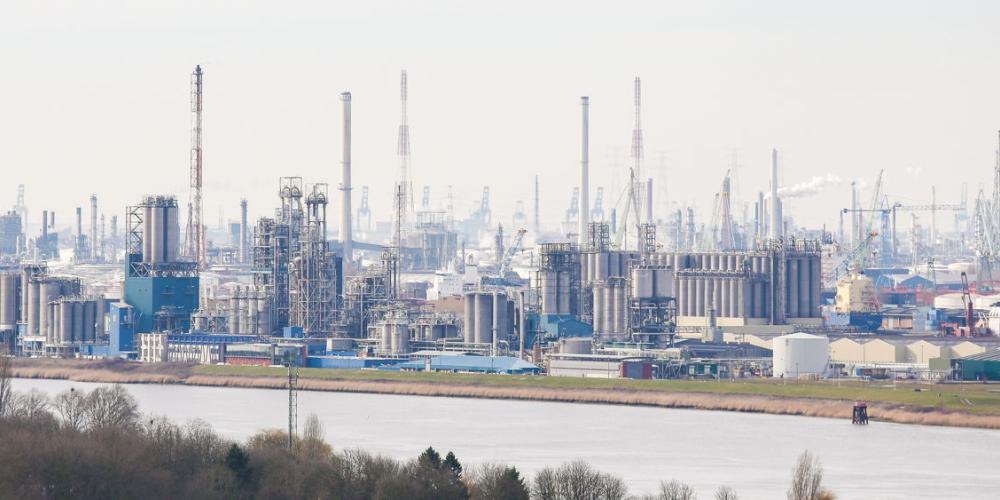
The transformation to climate neutrality is a particularly difficult task, not least because basic industry still relies heavily on fossil resources. Researchers at the Vrije Universiteit Brussel have now shown that there are nevertheless routes to make Flemish industry climate-neutral.
Basic industry forms the economic backbone of a modern society. Steel and other metals, energy carriers and basic chemicals are the input of essential value chains such as construction, agriculture, vehicle and mechanical engineering, pharmaceuticals and many other high-tech applications. Unfortunately, they also emit a lot of greenhouse gases. In Flanders, the steel, chemicals and refining sectors account for 90% of the industrial emissions covered by European emissions trading. The three sectors also account for more than a quarter of all emissions in Flanders.
Commissioned by Flanders’ Agency for Innovation & Enterprise (VLAIO), researchers from the Vrije Universiteit Brussel, including Tomas Wyns and Gauri Khandekar from the Institute for European Studies, with Deloitte Belgium, Climact and Antwerp Management School, conducted a study into the possibilities of making Flemish industry low-CO2 and ultimately circular. The study shows that routes are indeed possible to become climate-neutral. However, this still requires a lot of innovation. Khandekar: “Forward-looking investments will have to be made in infrastructure and logistics, such as networks for hydrogen, CO2 capture and sustainable biomass. Furthermore, Flemish industry, but also society, will have to learn to deal with materials in a highly circular way.”
Smart policy necessary
Finally, there is a need for a forward-looking and smart industrial policy that gives companies direction to make the right investments in order to contribute to a prosperous and climate-neutral society. Since the transition of industry can have a major impact on the energy system, a new energy vision should be worked out and coordinated between the policy levels in Belgium. Important aspects of the energy system are a regional or federal competence. Wyns: “If Flanders takes a pioneering role towards climate neutrality, it can attract additional economic activity. New companies will find their way to a Flanders that by 2050 will have new climate-friendly technologies, a reliable basic infrastructure and cross-sector industrial clusters.”
Read the full study here.